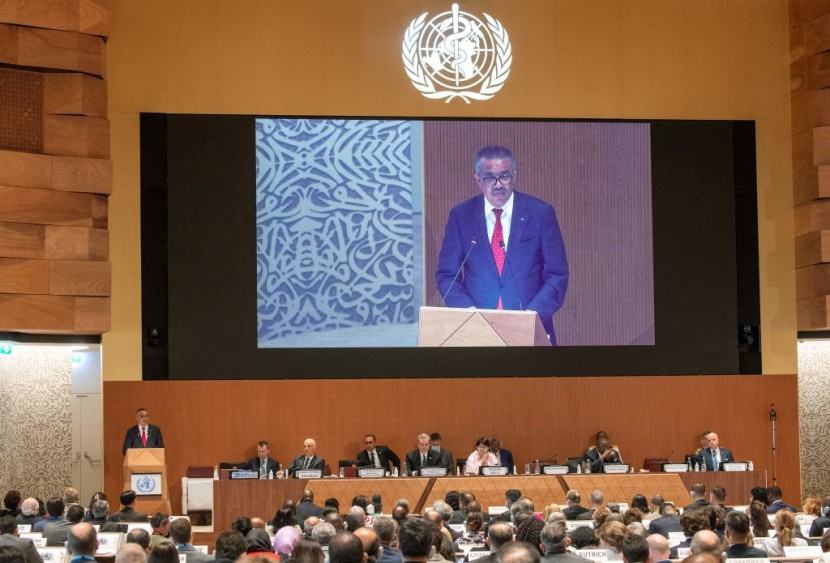
The World Health Organization (WHO) will assemble experts to decide if the bizarre increase in the monkeypox outbreak should be regarded as a global health emergency.
WHO Director-General Tedros Adhanom Ghebreyesus said Tuesday he decided to convene the emergency committee on June 23 because the virus has shown "unusual" recent behavior by spreading in countries well beyond parts of Africa where it is endemic, according to a report from CNBC.
"We believe that it needs also some coordinated response because of the geographic spread," the official told reporters.
Defining monkeypox as an international health emergency would give it the same status as the Covid-19 pandemic, indicating that the generally rare disease threatens countries worldwide, the WHO stated.
Health Experts Still Puzzled on Monkeypox Transmissions
In the U.K., monkeypox infections reached 470 on Monday, and most cases involve gay or bisexual men. Last week, British scientists warned they could not identify if the disease was spreading in the country and had reached its peak.
Dr. Ghebreyesus said the meeting of outside specialists could help boost awareness and knowledge of the virus since the WHO recently announced updated guidelines on monkeypox vaccination.
The WHO issued the highest level of alert. Currently, the agency only applies it to the COVID-19 pandemic and polio.
According to the WHO, there have been 1,600 confirmed and 1,500 suspected cases of monkeypox this year, with 72 deaths in 39 countries, including those where the virus is most common.
Monkeypox is endemic in areas of Africa, but instances have increased in recent months in both those nations and the rest of the world. The virus spreads through close contact and causes flu-like symptoms and skin sores.
Read Also : Chinese Authorities Trace 'Ferocious' COVID-19 Outbreak to Raucous Bar, Prompt Immediate Mass Testing
Per Reuters, the agency noted that the disease is fatal in 3% to 6 % of cases. However, no deaths have been documented in the outbreak outside of Africa. The Democratic Republic of Congo has had the most deaths this year.
The risk of spread in Europe is "high," while the rest of the world is "moderate," according to Ibrahima Socé Fall, WHO Deputy Director for Emergency Response, and there is insufficient knowledge about how the virus spread.
"We don't want to wait until the situation is out of control," Fall noted.
Public Awareness Must Be Boosted
Rosamund Lewis, a WHO Smallpox expert, told journalists in Geneva that it was critical to improve public awareness about the amount of risk and to explain how to prevent infecting close contacts and family members.
Dr. Lewis noted that the condition could be contagious for two to four weeks, even if the symptoms are minor, like skin lesions.
Lewis said: "We know that it is very difficult for people to isolate themselves for so long, but it is very important to protect others. In most cases, people can self-isolate at home and there is no need to be in the hospital."
Monkeypox is spread by coming into close physical contact with someone who exhibits symptoms like rash, secretions, and scabs. Clothing, bedding, towels, or things contaminated with the virus, such as eating utensils or dishes, can also infect others.
However, Dr. Lewis stressed that it is unclear if those who do not exhibit symptoms can spread the disease, as per a recent media release of WHO.
Related Article : Monkeypox Transmission Baffles Scientists Amid Shocking Outbreak
© 2025 HNGN, All rights reserved. Do not reproduce without permission.








